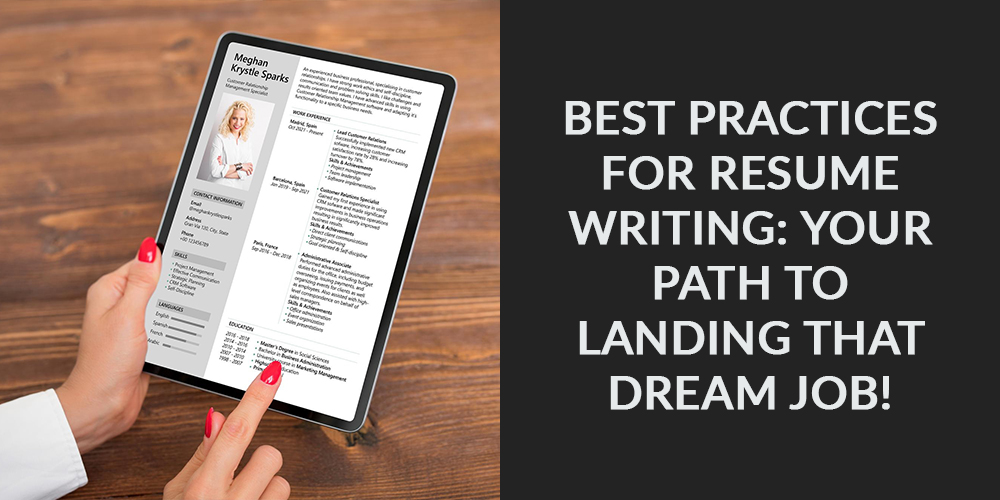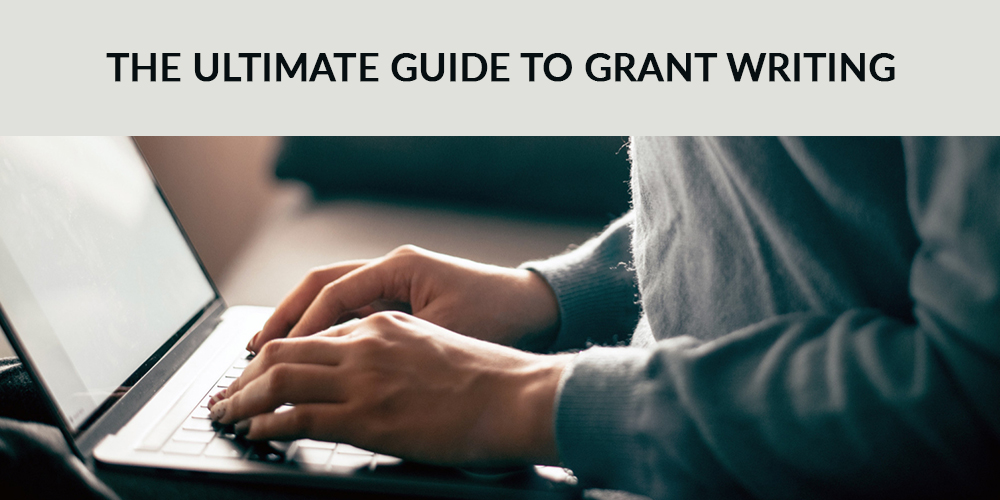Resume Writing: Three Key Things to Get Right
Whilst most professional job application writers would agree that the Work Experience section is one of the most important parts of a resume, there are three sections an employer will scan before they even get to that level of detail. Applicants often underestimate the importance of getting these sections perfect, as they focus too heavily on the details of their work experience. In this article, we will dive into how professional resume writers approach these key sections and explain why they are important to get right.
Contact Information
The contact information section is the primary way that a prospective employer will reach out to applicants job application writers must ensure it is accurate and free of errors. After all, if it is incorrect, an employer may not be able to even reach an applicant to request an interview.
Here’s what should be included:
Full Name: The applicants full name should be prominently displayed at the top of the resume using a clear and professional font to ensure it stands out and is easily readable.
Phone Number: Applicants must be able to provide a reliable phone number where prospective employers can reach the applicant and ensure a professional voicemail is set up if calls cannot be immediately answered.
An email address should exude professionalism, not use quirky or unprofessional usernames. A simple combination of name or initials makes it easier for employers to remember the applicant.
LinkedIn Profile Link: In today’s digital age, having a LinkedIn profile is essential for job seekers. Resume writers should check to ensure that profiles are well maintained with relevant information, a professional photo, and showcases work experience, skills, and accomplishments. A LinkedIn profile acts as an extension of the resume, allowing employers to delve deeper into the resume writer’s professional background. Therefore, it’s essential to ensure that it complements the resume and highlights relevant skills, experience, and achievements.
Social Media Presence: Limit the inclusion of other social media links when resume writing. While LinkedIn is ideal for professional purposes, platforms like Facebook and Instagram are generally considered personal spaces. If links are provided to other profiles, resume writers should ensure they are dedicated to professional use and that personal pages remain private and not visible to potential employers.
Most importantly, the contact information creates the first impression for potential employers, so resume writers must make sure it reflects professionalism in both communication style and presentation.
Professional Summary
When job application writing, this section is typically placed at the beginning of a resume and serves as a brief introduction to key skills, experiences, and career goals & accomplishments. Consider it to be an ‘elevator pitch’ – that moment in time where the reader’s interest is piqued and they want to know more, or they move on to the next applicant.
The most important things resume writers focus upon when writing a professional summary are:
Keep it Concise: This section should be a brief snapshot of the applicants professional identity, keeping it to just 2-3 sentences or a short paragraph at most.
Tailor it to the Job: Resume writers customise the professional summary for each job application, focussing on the specific qualifications, skills and experiences to demonstrate an ideal fit for the position.
Highlight Key Accomplishments: Professional resume writers emphasise successes and contributions in past employment, utilising quantifiable measures whenever possible to demonstrate the influence the candidate had in that function, rather than detailing job duties.
Use Strong Action Words: Start sentences with strong action verbs like “achieved,” “led,” “implemented,” “innovated,” or “streamlined” to create a sense of enthusiasm, convey proactivity and showcase abilities effectively.
Showcase Unique Selling Points: Identifying which unique skills, experiences, or qualifications make the applicant special enables resume writers to set the candidate apart from others.
Emphasise Career Goals: For applicants who are early in their career or transitioning to a new industry, resume writers including career goals to demonstrate how the past experiences and skills align with the applicant’s aspirations for the future.
Avoid Clichés: Good resume writers steer clear of overused buzzwords and generic phrases like “team player,” “hardworking,” or “results-oriented” which may be perceived as clichéd and focus on specific accomplishments and tangible skills instead.
Finally, professional resumes writers always critically evaluate the Professional Summary through the employer’s eyes to identify any gaps or shortfalls.
Skills Summary
The Skills Summary is a valuable section that allows resume writers to showcase core competencies and immediately demonstrate an applicant’s suitability for the job. When writing Skills Summary, a resume writer ensures they tailor it to the specific job being applied for by scanning the job description and identify the key skills and attributes the employer seeks. Then, strategically incorporating those keywords into the skills summary increases the resume’s chances of passing applicant tracking systems (ATS) and reaching the hands of hiring managers. Resume writers will use a combination of hard skills (technical abilities specific to the role) and soft skills (personal attributes that enhance work performance) to present a well-rounded picture of capabilities.
In order to stand out, resume writers organise skills in a clear and easily scannable format, using bullet points or columns to list skills, ensuring that the most critical skills are placed at the top. Often they will group related skills together, such as technical skills, communication skills, leadership skills, etc., to provide a more structured presentation. Whenever possible, quantifying skills will add credibility and concrete evidence of abilities, thus enhancing the impact of the Skills Summary.
A professional resume writer will focus on relevance and avoid listing skills that do not align with the job requirements. Tailoring these skills to match the position helps hiring managers quickly see how the applicant can add value to their organisation.
In conclusion, resume writers will use with a professional summary to make a strong first impression, and a well-crafted skills summary as a powerful teaser to entice employers to delve deeper into the resume to find out more about the candidate’s qualifications and accomplishments. Once they do this, they will revert to the contact section to reach out for an interview, so a good resume writer will always make sure all of these sections are right and get you well on the way to your next career move.










